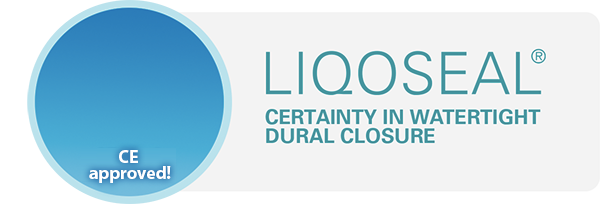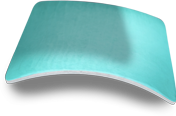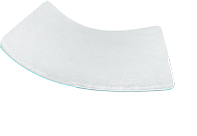Polyganics’ Sealing Device is indicated for use to reduce post-operative leakage of fluids from the site of surgery into the abdominal cavity after Hepato-Pancreato-Biliary (HPB) surgery, and as an adjunctive hemostatic device to control minimal to moderate bleeding.
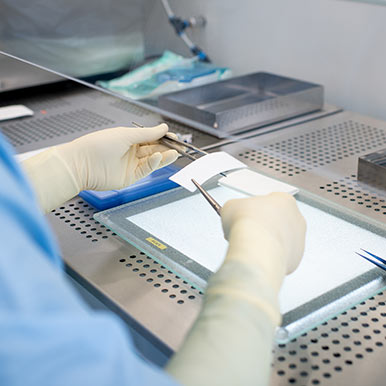
Welcome to the first issue of our SHIELDS newsletter
We are happy to share with you the first issue of our new SHIELDS newsletter. With this, we aim to keep you, as a participating clinical centre in the SHIELDS trial, regularly updated with the latest information on this trial.
SHIELDS is a prospective, multicenter study, evaluating the safety and performance of Polyganics’ Sealing Device* in reducing fluid leakage following elective hepato-pancreato-biliary (HPB) surgery.
In this issue, look out for:
- An update on site start-up and regulatory processes;
- A summary of the results of the first patients, including the within-study initial safety cohort;
- Notice of upcoming Investigator Meeting;
- How to access our online instruction videos.
Update on site start-up and regulatory processes
As a multicenter, prospective study, SHIELDS involves eight European sites, spread across Belgium, France, Germany, Italy and The Netherlands. Currently, four sites have been activated ready to enroll patients: three in Germany (Hamburg, Oldenburg, Berlin) and one in Italy (Verona).
In Germany, ten patients have already been recruited and treated. Further enrollment will continue after the National Competent Authority has positively evaluated the seven-day follow-up report from this cohort. This restart is anticipated shortly. At that time, our fourth German site in Göttingen will also be initiated. More on the results from this initial cohort can be found below.
Our Italian partner, Verona, received approval at the beginning of December 2020. The first two patients were successfully enrolled on December 21st and 22nd, 2020.
Our planned sites at Ghent, Amsterdam and Lyon are all currently under Ethics Committee (EC) / Competent Authority (CA) review and are expected to be allowed to start enrollment during the course of January and February 2021.
Based upon all sites’ recent communications for enrollment rates, the complete study population (N = 80; of which 40 liver and 40 pancreas patients) is expected to be finalized by the end of April 2021.
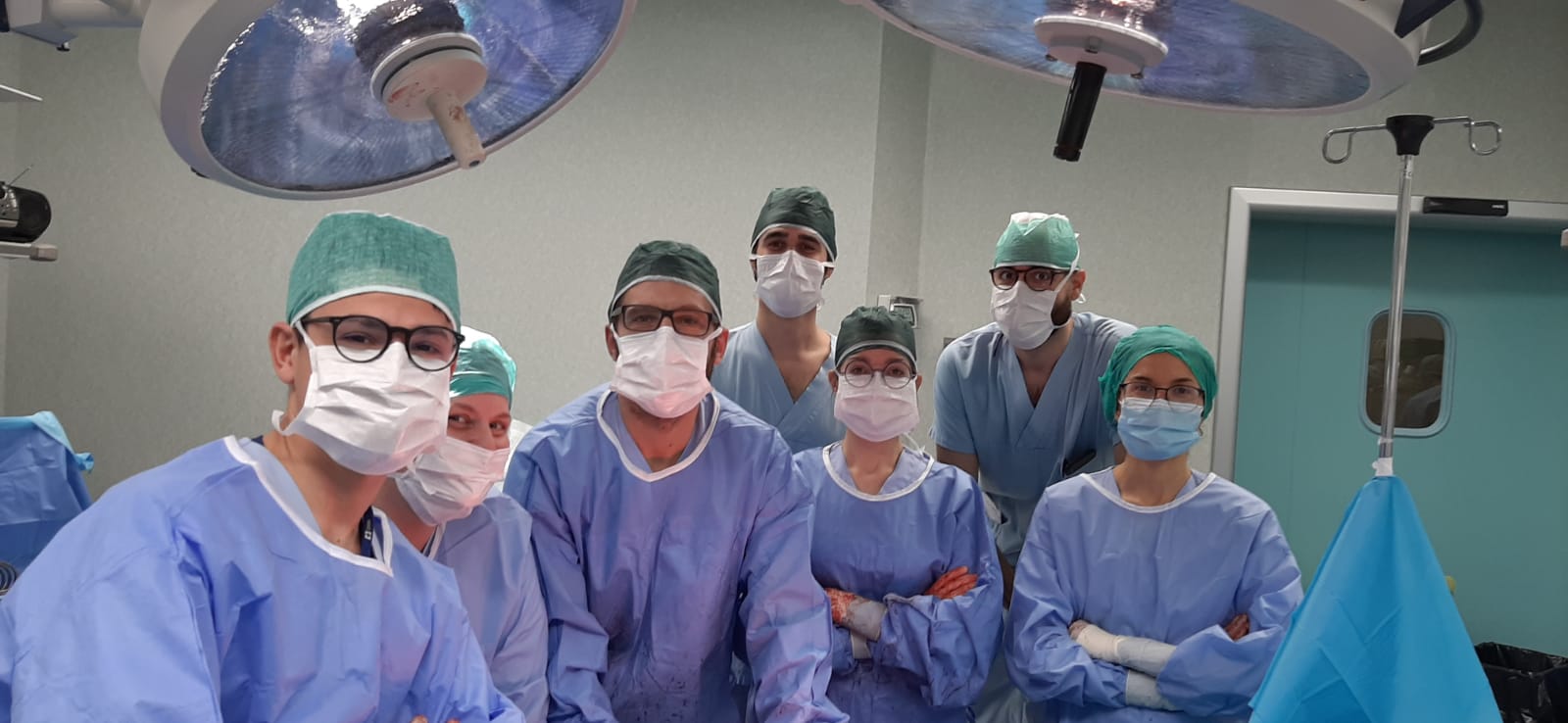
Clinical Team University of Verona / Pancreas Institute
Results so far
To date, twelve patients (five liver; seven pancreas) have been successfully enrolled in the trial across three sites. Ten patients have completed their 30-day follow-up, and three have completed their 90-day follow-up. These patients were included in the Interim Safety Report submitted to the authorities.
No device deficiencies have been reported. Among the liver patients, no postoperative bile leakage or bleeding has been reported. Among the pancreas patients, one patient experienced a Grade B leak with superinfection identified at day 21 postoperative. This was treated with a wound drain and medical therapy and was resolved without sequelae. One patient experienced an arterial bleed unrelated to the device.
So far, no observations have been seen in the trial that do not meet the expectations for the study.
Investigator meeting
We plan to have a SHIELDS Investigator Meeting in February 2021, to share and discuss in detail the up-to-date available results and practical tips for performance. Due to the current COVID-related restrictions, this meeting will be online. Look out for your invite and further details soon!
Online instruction videos
To enable participants in the SHIELDS clinical study to use ACTISEAL® effectively, we have prepared online instructional videos.
Two separate videos are available for using the Sealing Device in Liver Surgery (below, left) and Pancreatic Surgery (below, right). In the Liver Surgery video, two different procedures are shown; one in which the device is applied on a relatively smooth resection surface, and one in which it is used in the remaining cavity after resection.

